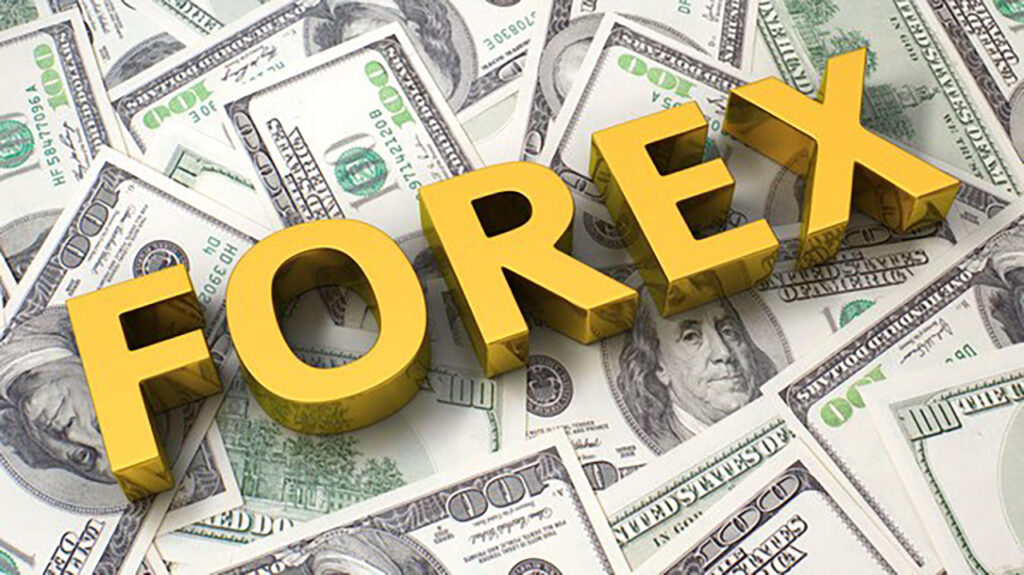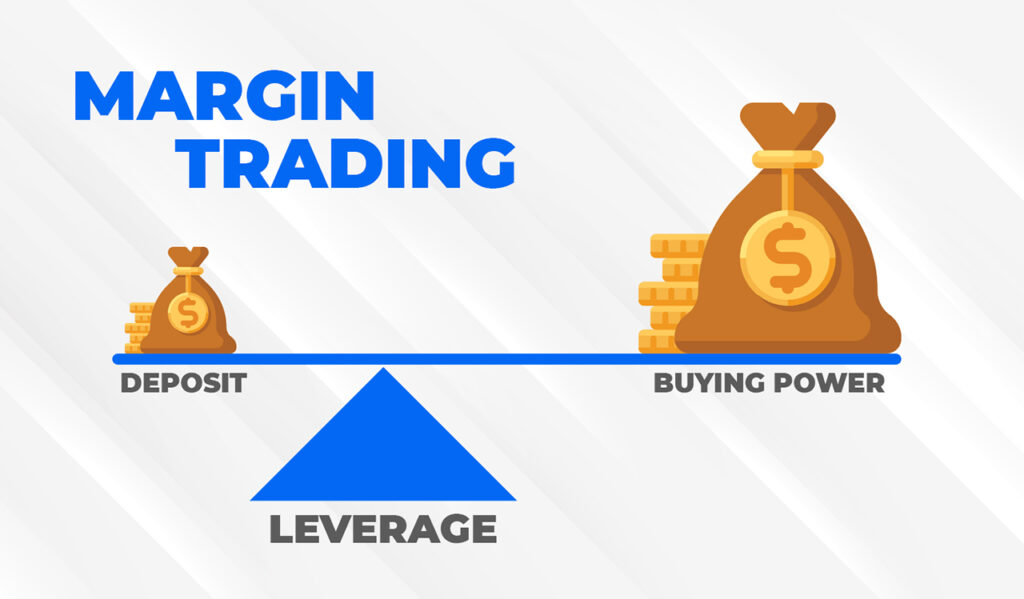What is the Forex Market? Understanding How the Forex Market Works
What is the Forex Market? Understanding How the Forex Market Works
The forex market, also known as the foreign exchange market or currency market, is the largest and most liquid financial market in the world. It facilitates the buying, selling, and exchange of currencies between participants, including banks, financial institutions, corporations, governments, and individual traders. In this article, we will delve into the fundamentals of the forex market and explore how it operates.
Definition of the Forex Market

The forex market refers to the decentralized global marketplace where participants trade currencies. It operates 24 hours a day, five days a week, across major financial centers worldwide. Unlike other financial markets, such as stock or commodity markets, forex trading does not take place on a centralized exchange. Instead, it operates through an interbank market, where transactions are conducted electronically over the counter (OTC).
Market Participants
The forex market involves a diverse range of participants, including commercial banks, central banks, investment banks, hedge funds, multinational corporations, retail traders, and speculators. Central banks play a significant role by implementing monetary policies and managing currency exchange rates. Commercial banks facilitate most of the daily trading volume by providing liquidity to the market and executing transactions on behalf of their clients.
Currency Pairs
Forex trading involves the simultaneous buying and selling of currencies in pairs. Each currency pair represents the exchange rate between two currencies. The most commonly traded currency pairs are known as the major pairs, which include EUR/USD, USD/JPY, GBP/USD, and USD/CHF. Additionally, there are minor pairs and exotic pairs, which involve less frequently traded currencies.
Market Determinants

Several factors influence the forex market and drive currency exchange rate fluctuations. Economic indicators, such as GDP, inflation rates, employment data, and interest rates, play a crucial role in shaping market sentiment and currency valuations. Political events, geopolitical tensions, and market news also impact currency prices. Traders analyze these factors to make informed trading decisions.
Market Structure
The forex market operates in a decentralized manner, with no central exchange or physical location. Instead, it relies on a network of interconnected banks, financial institutions, and electronic trading platforms. The market operates continuously, with trading sessions overlapping across different time zones. The most active trading occurs during the London, New York, and Asian sessions.
Trading Mechanism
Forex trading involves speculating on the price movements of currency pairs. Traders can take two main positions: buying a currency pair (going long) if they anticipate its value will rise or selling a currency pair (going short) if they expect its value to decline. The goal is to profit from the difference in exchange rates between the entry and exit points.
Leverage and Margin Trading

Forex trading often involves the use of leverage, which allows traders to control larger positions with a relatively smaller capital outlay. Leverage amplifies both potential profits and losses. Margin trading requires traders to deposit a certain percentage of the total trade value (margin) as collateral. It allows traders to access more significant market exposure than their account balance would typically allow.
The forex market is a dynamic and complex financial market where participants trade currencies based on their expectations of exchange rate movements. Understanding how the forex market works is essential for aspiring traders and investors. With its global reach, high liquidity, and profit opportunities, the forex market offers individuals and institutions the chance to participate in one of the most actively traded markets in the world. However, it is crucial to develop a solid understanding of market fundamentals, risk management strategies, and technical analysis before engaging in forex trading.








